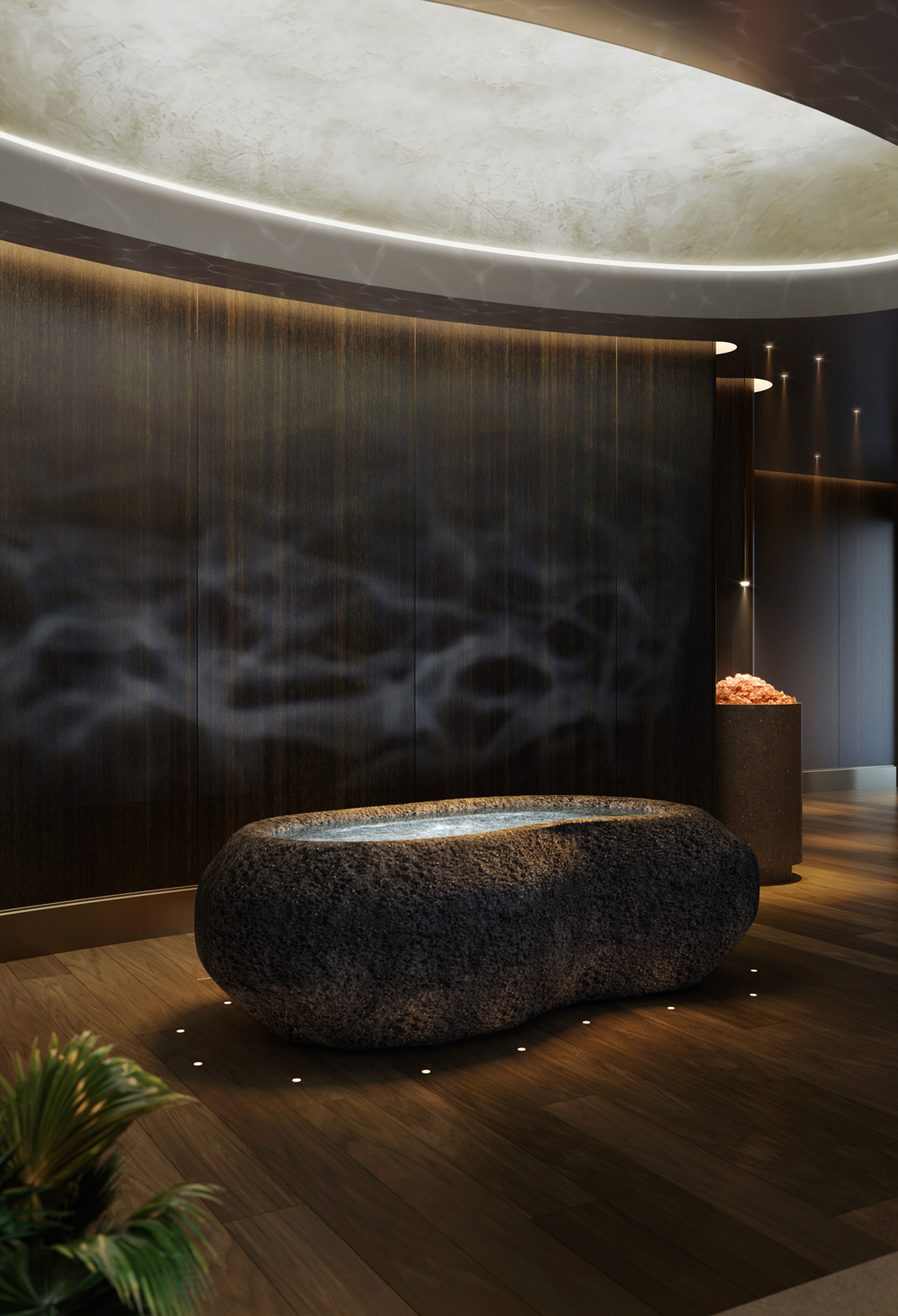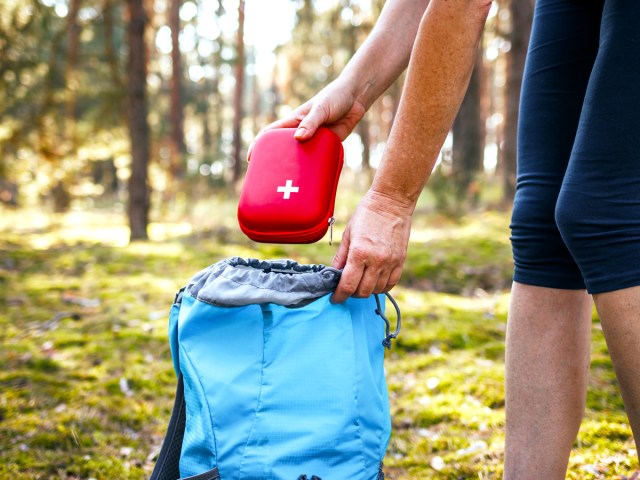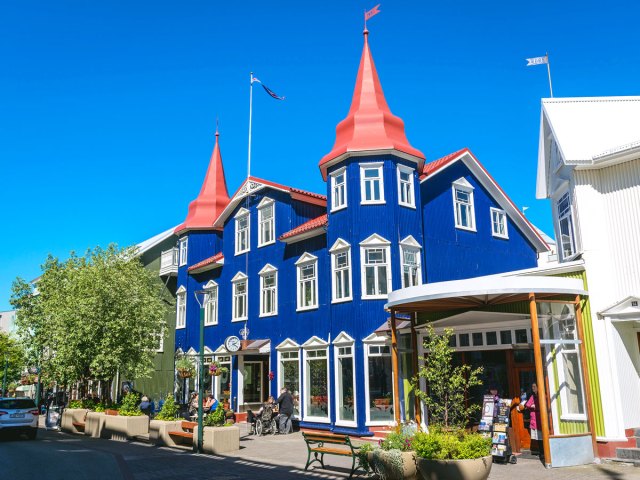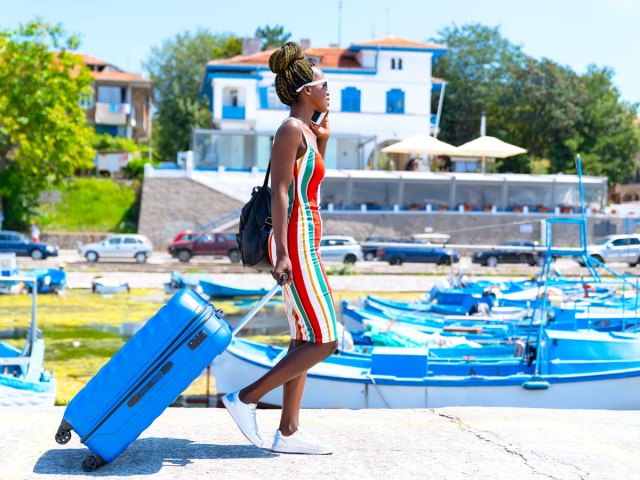How far would you travel for a good night’s rest? For sleep tourists, the answer is a no-brainer: They’ll go anywhere to catch some z’s — and that’s part of the appeal. “Sleep tourism” is a relatively new facet of the travel industry, but its market value is already estimated at over $640 billion. Hotels in every price range are offering sleep-oriented amenities and services — from handmade Swedish beds to infrared spa treatments, sleep-inducing meals, and even sessions with sleep scientists. Curious about “sleep tourism” and how to partake in this growing trend? Find out more below.
The Rise of Sleep Tourism
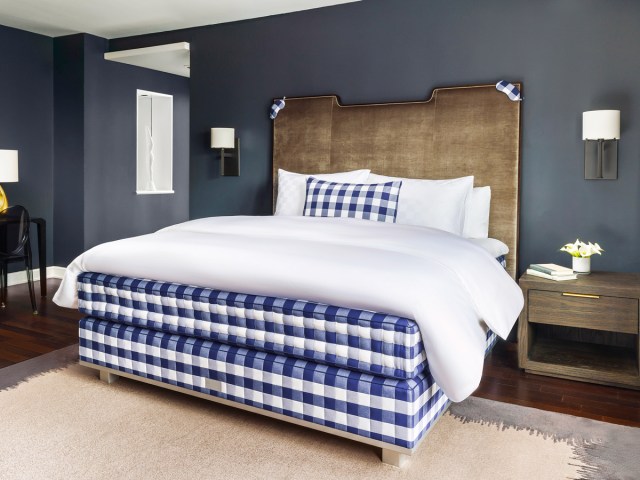
More travelers are opting for restorative travel, and it could be because many of us are simply exhausted. According to the Centers for Disease Control and Prevention, one in three adults in the U.S. do not get enough sleep (which constitutes at least seven hours per night). There has also been a noticeable shift in the health and wellness movement since the Covid-19 pandemic. Now more than ever, travelers are looking to slow down.
As a result, more travelers are interested in the growing trend of “slow travel.” This means focusing on immersive and meaningful experiences rather than running down a busy checklist of tourist attractions. Slow travel goes hand in hand with sleep tourism, which work together to put your mental and physical well-being at the forefront of the trip.
The State of Sleep Tourism Today
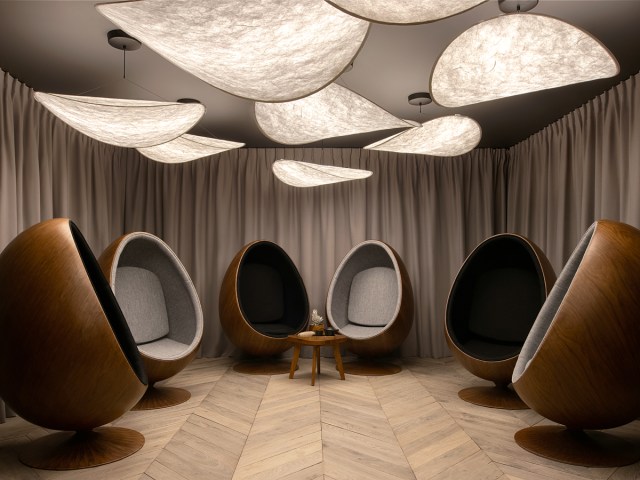
Despite its slow-travel themes, this travel trend is ramping up quickly — the sleep tourism market is expected to increase by over $400 billion by 2028. Furthering the movement, a recent global survey conducted by Hilton found that participants’ number one reason for travel in 2024 is to “rest and recharge.” Sleep tourism can be as luxurious or simple as you make it — just as getting good sleep varies by individual, so does sleep tourism. For some, it might mean more lavish experiences, from A.I.-powered beds to spa treatments under the stars, while others only need a comfortable room away from the hustle and bustle of their normal, everyday lives.
How and Where to Become a Sleep Tourist
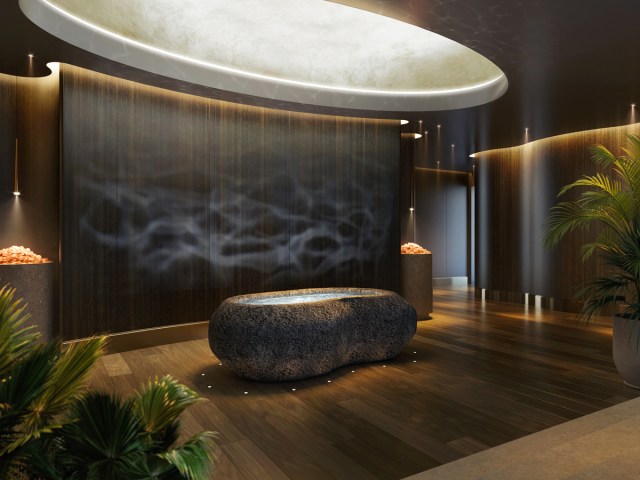
There is more to sleep tourism than eye masks and blackout curtains. Customized pillows, eating plans, sleep schedules, fitness programs, and even sessions with sleep experts are among this industry’s long list of amenities.
For example, some Hilton hotels offer “power down” rooms with plush Serta mattresses and sound-absorbing walls. The hospitality chain also recently launched its first installment of Sleep Retreats at Grand Wailea, a Waldorf Astoria Resort in Maui, Hawaii — where guests can partake in an immersive experience under the guidance of sleep science expert Dr. Rebecca Robbins. Billed as an “all-encompassing journey,” the program features activities, meditations, and meals to promote sleep. Guests also have access to the resort’s open-air Kilolani Spa, which offers services to mitigate jet lag, optimize circadian rhythms, and release hormones to promote healthy sleep.
Hilton isn’t the only big name in hospitality taking notice of this trend. Six Senses — which has luxury wellness resorts in the Mediterranean, Maldives, Swiss Alps, and beyond — offers sleep programs developed by “Sleep Doctor” Michael J. Breus. Not only does the brand emphasize comfortable rooms and bedding, but staff can also assist you in setting up a sleep tracker to monitor your sleep stages. Sound therapy machines, sleep-inducing drinks and snacks, and aromatherapy items are also readily available.
And then there’s the Lotte New York Palace, which puts New York’s “City That Never Sleeps” reputation to the test. The hotel partnered with Swedish luxury mattress brand Hästens to create the Hästens Ultimate Sleep Suite. The suite is outfitted with three handmade beds — the king-sized bed in the primary room retails for over $300,000 — deep soaking tubs, private check-in, and custom pajamas.
On the other hand, those who prefer to snooze in the sun should head to the Carillon Miami Wellness Resort. This hotel has a Touchless Wellness Sleep Circuit, which uses vibroacoustic, electromagnetic, and infrared technology to reset your circadian rhythm as you relax in an ergonomic lounger. Also included in the circuit is a salt float bath with 800 pounds of Epsom salt (touted for its pain- and anxiety-relieving qualities) and a futuristic meditation pod. Head back to your suite after the circuit to sleep in an A.I.-assisted Bryte Balance Smart Bed, which makes targeted adjustments to ease pressure points throughout your body.
Sleep tourism has undoubtedly gone global. The five-star Pan Pacific Melbourne offers a Happy Sleeper program with a pillow menu, “slumber supper,” turndown service, and a collection of in-room bedtime stories. Singapore’s Shangri-La also offers a pillow menu as part of their Better Sleep package, which also includes a tension-relieving back and neck massage for two, a wellness dinner, pillow spray, and bath soak. And if you’d rather relax in a natural environment, look no further than the Four Seasons Resort Bali at Sayan. Here, guests can take a “sacred nap” in a pure silk hammock suspended in an open-air terrace overlooking the Sayan Valley or enjoy a night spa ritual beside the Ayung River underneath the stars.
Note: All featured products and deals are selected independently and objectively by the author. Daily Passport may receive a share of sales via affiliate links in content.
More from our network
Daily Passport is part of Optimism, which publishes content that uplifts, informs, and inspires.






